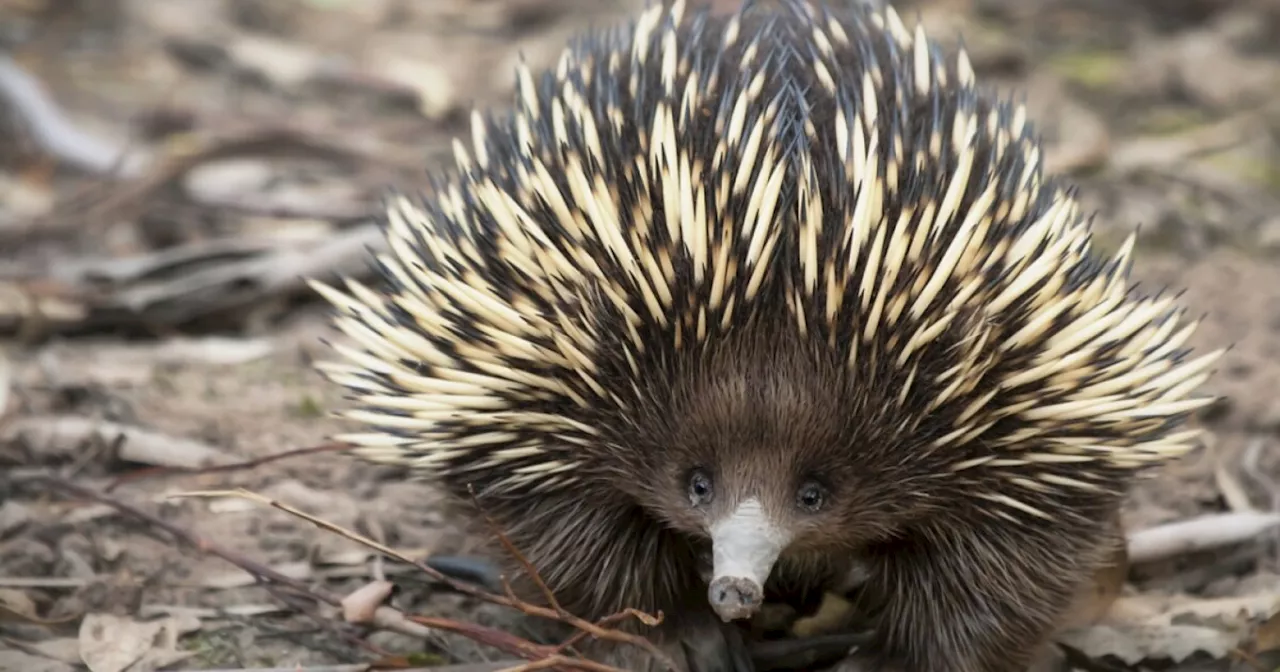An expedition team traveling through the treacherous Cyclops Mountains of Indonesia's Papua province captured footage of a rare mammal that hasn’t been seen in over 60 years and many had thought to be extinct.
An expedition team traveling through the treacherous Cyclops Mountains of Indonesia 's Papua province captured footage of a rare mammal that hasn’t been seen in over 60 years and many had thought to be extinct. According to the University of Oxford, Attenborough’s long-beaked echidna was recently spotted on trail cameras set up by the group of researchers on a mission called Expedition Cyclops.
The university said the species has only been recorded by scientists once, in 1961, but never photographed. It was named after famed broadcaster Sir David Attenborough, and is part of the same group of egg-laying mammals that includes the platypus. Echidnas are “notoriously difficult to find” because they are nocturnal, shy and live in burrows through one of the most unexplored regions of the world, according to Oxford. The animal is currently classified as Critically Endangered on the IUCN Red List of Threatened Species. The footage of the echidna was captured in the last images on the team’s final memory card
Rare Mammal Indonesia Papua Expedition Cyclops Mountains Attenborough’S Long-Beaked Echidna University Of Oxford Extinct Egg-Laying Mammals Platypus Critically Endangered IUCN Red List
